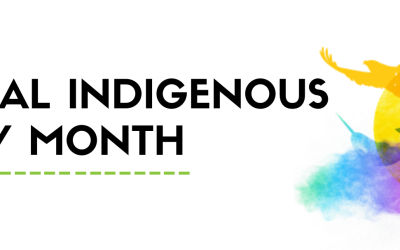The Idle No More movement is quite rightly focusing on many of the problems occurring on First Nations reserves in this country.
However, much of the discussion is focusing on government solutions to those problems. Government can help in terms of establishing critical infrastructure or providing essential public services, such as high-quality education, but most of the time government can mainly help by getting out of the way.
A newly released study from the Summer 2012 edition of the Independent Review has concluded that in the case of American Indian reservations government-led economic development efforts have been a dismal failure.
The report, by Rachel L. Mathers, an economist at Delaware State University, surveyed data from Economic Development Administration (EDA) efforts to stimulate reservation economies.
Despite the absence of a knowledge distance between the tribes and the U.S. government, the injection of funds have not improved economic performance and certainly not tribal unemployment figures.
The government cannot engage in proper economic calculations, she concluded, because it does not price its outputs and therefore cannot use profit and loss accounting. Not surprisingly as well, government spending has led to rent seeking and bureaucratic budget maximization instead of long term sustainable private sector jobs.
To improve conditions on reservations, she said, government can act by creating incentives for productive entrepreneurship and away from unproductive rent seeking.
Simply put, government must change the rules of the game, not throw more money at an unproductive system.
In Canada, the challenges on First Nations reserves are similar. Government and Aboriginal Affairs are involved in some degree of economic development. The challenge is to change the rules of the game, not engage in trying to micromanage reserve economies.


